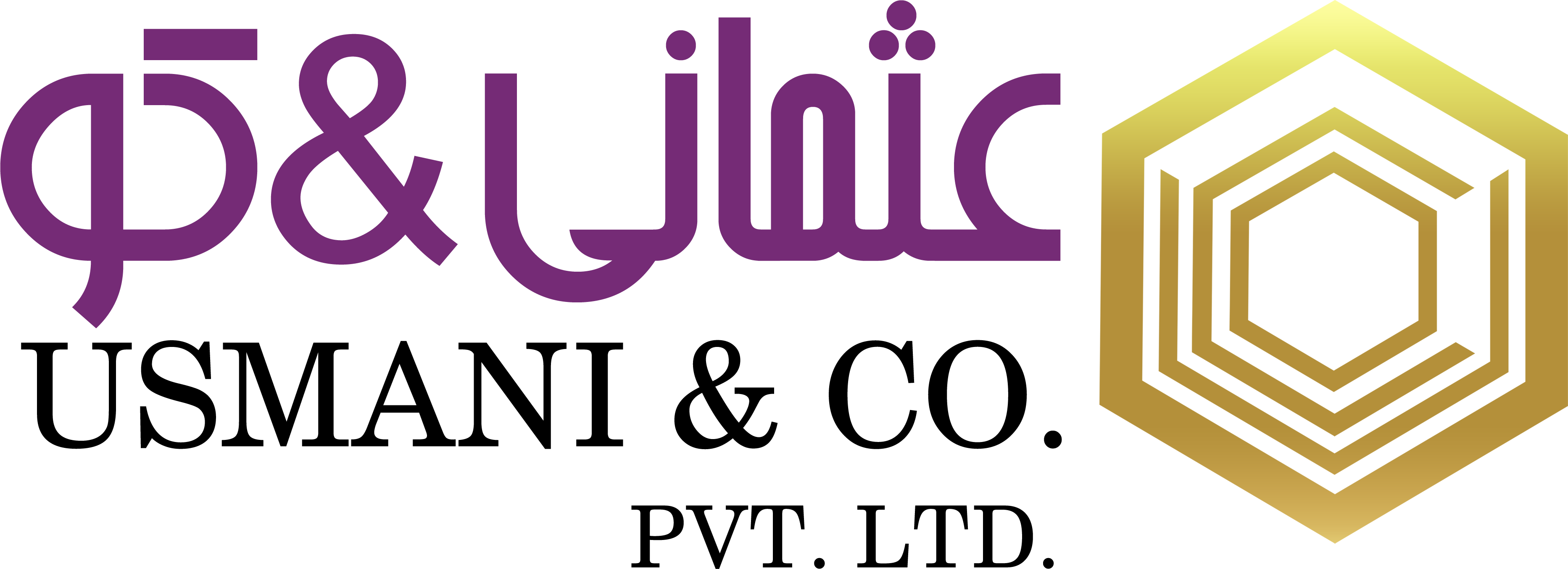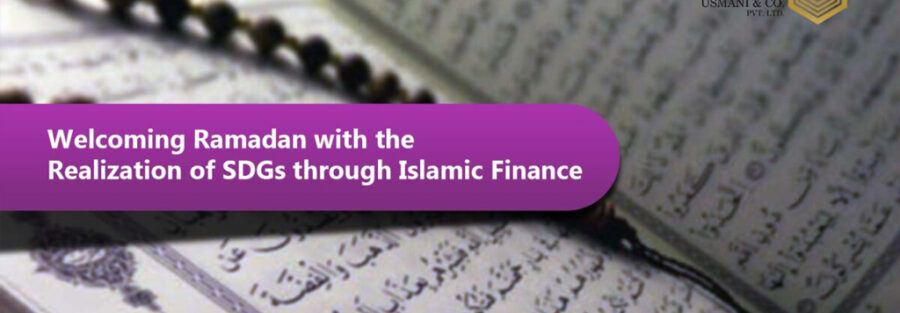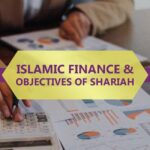The Islamic social finance ecosystem – that includes Zakat (obligatory charity), Sadaqat (voluntary charity), Waqf (endowment), Qard al-Hasan (benevolent loan), Kafalah (guarantee), Takaful (co-operative insurance), and not-for-profit microfinance institutions in compliance with the principles of Islamic law (Shari’ah) – is well suited to support the United Nations’ Sustainable Development Goals (SDGs) in Pakistan, which are slated to be achieved by 2030. The SDGs fall under the Goals of Islamic law (Maqasid al-Shari’ah) that have been prescribed by the Almighty God, Allah (in the Holy Book – Qur’an) and explained by His Messenger, Prophet Muhammad (peace be upon him) (in his traditions – Sunnah/Hadith) more than 1400 years ago. As the Holy Month of Ramadan is upon us amidst the COVID-19 pandemic, the timing to engage in charity to reap the immense rewards couldn’t have been better. The Ramadan crescent is most likely to be visible on 13 April 2021, and the following day will hence be the first day of Ramadan in Pakistan, Inshaa’Allah (God willing).
Once again, we are faced with the cruelty of coronavirus that is disrupting our traditional ways of worship (Ibadah). Holding religious gatherings where Muslims break their fast (Iftar) together, spending consecutive days and nights (I’tikaf) during the last 10 days of Ramadan at mosques, and building a strong sense of community is at the heart of Islam. These practices are required to be eliminated to prevent further transmission of COVID-19 when the faithful, still reeling under the lingering pressure of an unrelenting pandemic, need them the most. The Ministry of Religious Affairs and Inter-faith Harmony said that mosques will remain open across the country to hold Taraweeh congregational prayers, as they were last year, but subject to the 20-point agreement between stakeholders (https://www.thenews.com.pk/latest/813195-ramadan-2021-mosques-in-pakistan-to-remain-open-for-taraweeh). There will be no Iftar, I’tikaf, and group Qur’an recitation sessions in mosques. Muslims will perform them in their respective houses with close relatives. But the broad dimensions of spirituality in Islam offer Muslims myriad ways to maintain that unspoken camaraderie while staying apart.
In addition to observing the ritual acts of praying and fasting, Ramadan is the month of Ibadah that encompasses increasing good deeds that includes giving Zakat (2.5% of a Muslim’s annual wealth exceeding the threshold) and Sadaqat with the sincere intention of pleasing Allah and earning His rewards and not out of show off to gain praise or recognition from others:
“O you who believe! Do not render vain your charity by reminders of your generosity or by injury, like him who spends his wealth to be seen by men and he does not believe in Allah nor in the last Day.”
(Qur’an, 2:264)
Zakat is one of the Five Pillars of Islam, occupying the second position, with prayer (Salat) being the first. Paying Zakat not only cleanses and purifies a Muslim’s wealth, but also their heart and soul from the delusions of human grandeur:
Take from their money a charity to cleanse them and purify them.
(Qur’an 9:103)
Zakat serves as a shield for Muslims against the evils of hedonism in this world and a path to achieving absolute success in the Hereafter (Akhirah). Its importance in Islam is so great that it is mentioned 82 times in the Qur’an in connection with prayer.
The obligatory nature of Zakat is firmly established in a Hadith narrated by Abu Dhar (may Allah be pleased with him):
“Once I went to him (the Prophet) and he said, ‘By Allah in Whose Hands my life is (or probably said, ‘By Allah, except Whom none has the right to be worshipped) whoever had camels or cows or sheep and did not pay their Zakat, those animals will be brought on the Day of Resurrection far bigger and fatter than before and they will tread him under their hooves, and will butt him with their horns, and (those animals will come in circle): When the last does its turn, the first will start again, and this punishment will go on till Allah has finished the judgments amongst the people.’”
In a similar manner, Sadaqat protects one from misfortunes and brings blessings in their life with increased sustenance (Rizq). Giving charity out of one’s wealth does not decrease it, rather Allah increases it as evident in the Qur’an:
Who is it that would loan Allah a goodly loan so He may multiply it for him many times over? And it is Allah who withholds and grants abundance, and to Him you will be returned,
(Qur’an, 2:245)
The likeness of those who spend for Allah’s sake is as the likeness of a grain of corn, it grows seven ears every single ear has a hundred grains, and Allah multiplies (increases the reward of) for whom He wills, and Allah is sufficient for His creatures’ needs, All-Knower).
(Qur’an, 2:261)
Those who (in charity) spend their goods by night and by day, in secret and in public have their reward with their Rabb (only God and Sustainer). On them shall be no fear nor shall they grieve.
(Qur’an, 2:274)
Allah will deprive usury of all blessings, but will give increase for deeds of charity: for He loves not creatures ungrateful and sinners.
(Qur’an, 2:276)
For Muslim men and women, for believing men and women for devout men and women for true men and women, for men and women who are patient and constant, for men and women who humble themselves, for men and women who give in charity, for men and women who fast, for men and women who guard their chastity, and for men and women who engage much in Allah’s remembrance for them has Allah prepared forgiveness and great reward.
(Qur’an, 33:35)
…that which you give for charity, seeking the Countenance of Allah, (will increase); it is those who will get a recompense multiplied.
(Qur’an, 30:39)
Sadaqat benefits the believer not only in this life but the next. The Prophet (PBUH) said:
“Sadaqat extinguishes sin as water extinguishes fire,” (Hadith, Tirmidhi)
He also said:
“The believer’s shade on the Day of Resurrection will be their charity,” (Hadith, Tirmidhi)
The Prophet (PBUH) would give charity throughout the year but increase his Sadaqat during Ramadan. Ibn Abbas (may Allah be pleased with him) said:
“The Prophet (PBUH) was the most generous of people, and he was most generous during Ramadan.” (Hadith, Bukhari)
Since the rewards for good deeds are multiplied during Ramadan, it is a good time to pay one’s Zakat if it is due and increase Sadaqat. In the face of the painful pandemic, participation of Muslims in giving Zakat and Sadaqat has become more important than ever.
We really don’t know anything about how the pandemic will continue to alter our lives. What we do know is that it has reversed the progress many households have made pre-pandemic and entrenched economic inequality on top of what was already there, pushing those who have chronically remained poor to further setbacks and deeper destitution, and that the effect could be long-lasting unless everyone comes together to contribute. As of 2015, 24.3% of Pakistanis are living below the poverty line (https://www.adb.org/countries/pakistan/poverty).
As the world grapples with controlling the novel coronavirus’ spread and coping with its crippling consequences and strives to restore global prosperity, it is now crucial to form strategic cross-sector alliances with different groups at local, regional, national, and global level that serve shared interests. This is essentially the point made in the UN’s Agenda 2030, which outlines the 17 SDGs (https://sdgs.un.org/goals). The response to the pandemic is inextricably linked to the Agenda.
The sustainable development programs that are carried out by non-governmental organizations (NGOs) have been promoted by Islam over 1400 years ago. The SDGs fall under the Goals of Islamic law (Maqasid al-Shari’ah). They are broadly discussed in five categories: protection and enrichment of (i) Faith (Deen), (ii) Self (Nafs), (iii) Intellect (Aql), (iv) Progeny (Nasl), and (v) Property (Maal). These are essentially what today’s international development sector refers to as sustainable development. The Islamic social finance tools – Zakat and Sadaqat, in particular – are highly aligned with the ethos of the SDGs. As such, the UN is stepping up its efforts to partner with players in Muslim aid to advance the use of Islamic finance.
Pakistan has a huge potential to transform the epidemic into an opportunity by working cooperatively and accelerate the actions required to address the underlying causes in the context of the SDGs. The spirit of solidarity during Ramadan, as well as taking effective and vigorous measures to combat the virus that we are enduring, must be brought to bear on achieving the Goals. In terms of its relationship with Islam, Pakistan is unique among Muslim countries: it is the only country that was established in the name of Islam following the injunctions laid out in the Qur’an and Sunnah and entertaining no other law that is incompatible with them (http://www.oxfordislamicstudies.com/article/opr/t236/e0616). It is the Islamic emphasis on giving that has deeply ingrained the spirit of generosity in Pakistani culture. According to a report published by the Stanford Social Innovation Review in 2018, more than 1% of Pakistan’s Gross Domestic Product (GDP) goes to charity, making it one of the most charitable nations in the world among “far wealthier countries like the United Kingdom (1.3%) and Canada (1.2%) and around twice what India gives relative to GDP.” (https://ssir.org/articles/entry/philanthropy_in_pakistan). Almost all Pakistanis (98% of the population) give charity in the form of paying cash, making in-kind donations, or volunteering their time to support needy causes (https://www.pcp.org.pk/uploads/nationalstudy.pdf) as Sadaqat is not limited to money. Last year when the country was under lockdown to battle a daunting coronavirus outbreak, many paid Zakat more than what was required of them (above 2.5%), while others, not eligible for Zakat, gave as much charity as they could (http://www.bbc.com/travel/story/20200331-the-law-of-generosity-combatting-coronavirus-in-pakistan). So there is hope. It may sound like a tired cliche, but we must not and cannot give up despite the challenges. We, Usmani & Co, welcome Muslims all over the world to embrace this Ramadan with honor and realize the wonders of the basic needs like food and water that we take for granted as there is so much more to be grateful for, while taking the merit of the blessed month to increase our righteous deeds through the act of giving charity in an effort to hand over support however possible – financially and/or materially – to alleviate the plight of those in need and to get our rewards multiplied manifold by Allah, the Most Generous.
Written by Ikhlas al-Amatullah
About Ikhlas al-Amatullah
Ikhlas al-Amatullah is a content writer at Usman & Co. After making several transitions in her tertiary studies to explore her career aspirations – obtaining Foundation Degree in Life Science from the University of New South Wales in Sydney, Australia and completing a year of Associate’s Degree in Finance from Kilgore College in Texas, United States, among others – she finally found her passion in Islamic finance. She graduated with a dual degree of Bachelor in Islamic Banking and Finance with the Dean’s Honor Roll from Asia Pacific University of Technology and Innovation (APU) in Kuala Lumpur, Malaysia, in collaboration with Staffordshire University in Staffordshire, England. At APU, she worked as a Research Assistant (RA) for the Former Dean of the Business School on projects related to FinTech and Internet of Things (IoT). She is now pursuing Master of Science in Islamic Finance at International Centre for Education in Islamic Finance (INCEIF) in Kuala Lumpur, Malaysia. At the Research Management Centre (RMC) of INCEIF, she worked further as an RA on governmental projects and ran the University’s Research Club for Islamic Finance (RCIF) as the President for a year.



